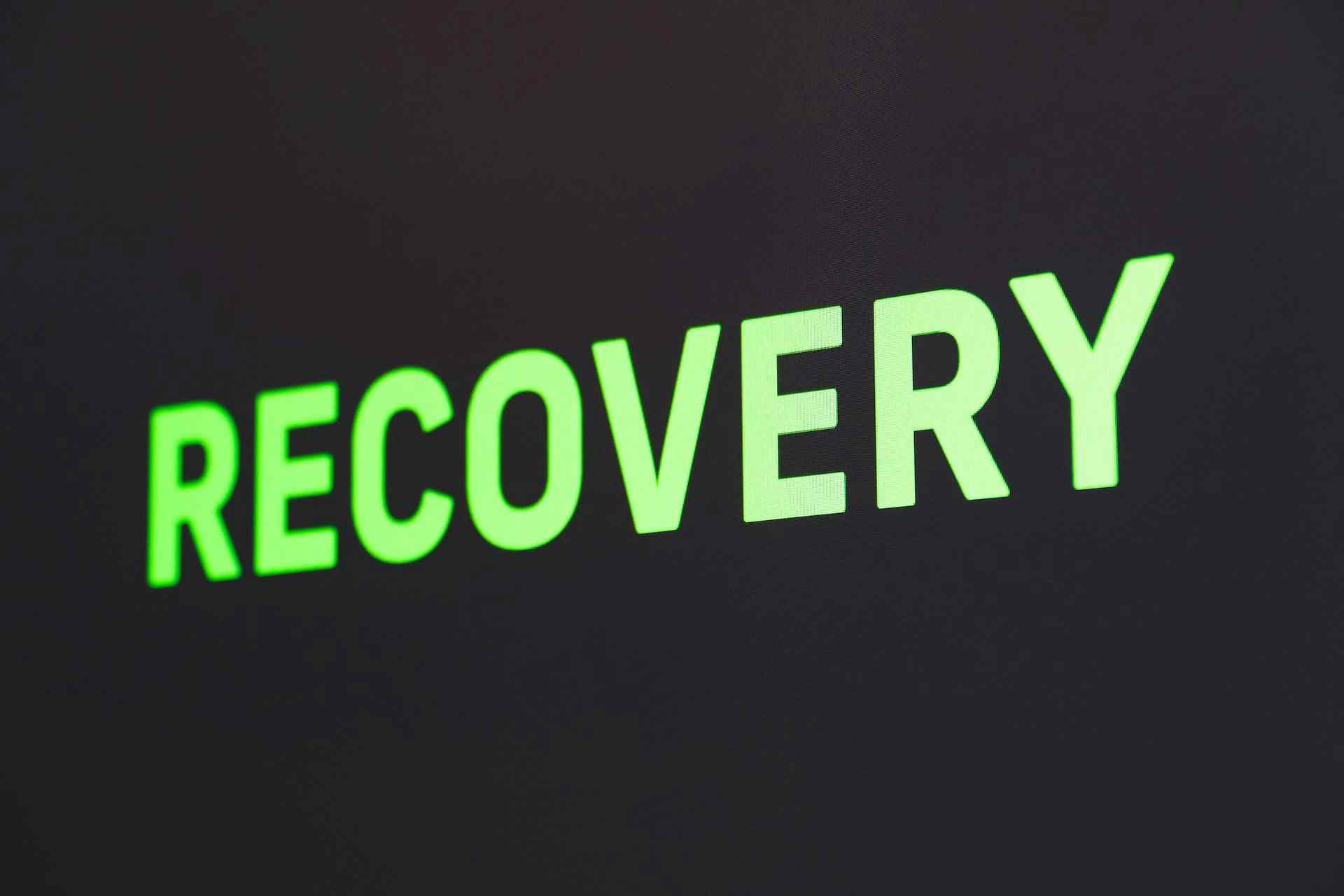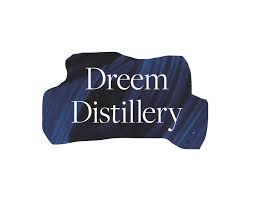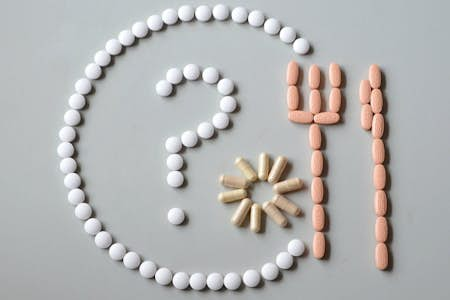There are multiple reasons why an older person may develop addictions in later life. Whether it may be a health issue, a life-changing event that has triggered an emotional downfall, or a side effect of a medication, there's always an explanation – one that you can identify and act upon accordingly.
Dealing with codeine addiction
Codeine addiction is very common in the UK, especially among the elderly. Codeine is a weak opioid that can either be purchased over-the-counter as a combination pill with paracetamol (co-codamol) or via prescription as codeine phosphate. It is used mainly to relieve mild to moderate pain unaffected by paracetamol and ibuprofen.
Codeine is an addictive substance. As such, you generally shouldn't use it for longer than 72 hours unless instructed to do so by a healthcare professional. The reason behind this is that users can become less susceptible to the effects of codeine, meaning that over time they may require larger doses to elicit the pain-relieving effects. In turn, this builds into dependence, both physical and psychological, which causes the individual to crave codeine despite the consequences of its misuse.
Due to its safety profile in relation to other opioids, codeine is often the painkiller of choice in the elderly. However, the scope of the problem stems from the lack of follow-up after codeine has been initiated, leaving the patient on an unwarranted long-term repeat prescription. If the patient is then not counselled on the short-term use of codeine, they may unintentionally become addicted.
Although no specific pharmacological treatment is available for codeine misuse, management plans are available to help all those addicted to codeine. Anyone troubled by the overuse of codeine should visit their local GP and ask about the available treatment options.
Dealing with cocaine addiction
For a long time now, cocaine has been used as a purely recreational substance. The drug grew in popularity during the 'Rock-And-Roll' era but has recently been brought back into the spotlight as a party-goer's drug of choice.
Individuals who would have been exposed to cocaine at the peak of its use back in the 1960s would now be well over 50. Although most individuals have left their cocaine habits behind along with the Rock-And-Roll party scene, a few still battle its overuse today.
Cocaine is a stimulant drug that works on the brain's limbic system, which regulates behaviours associated with reward and motivation. When ingested, cocaine induces a surge in neurotransmitter levels that simulate a short-lived moment of euphoria. However, this only lasts 10-15 minutes, after which the user desires another 'hit'.
Signs and symptoms of cocaine overuse and addiction can often mimic common cognitive conditions in the elderly such as dementia. As such, it is common for healthcare providers to overlook cocaine misuse as a possible cause for specific behaviours that older people may portray in a healthcare setting, such as feeling confused or agitated following treatment. Cocaine addiction in the elderly is prevalent, and more needs to be done to facilitate earlier identification and management.
Dealing with heroin addiction
Elderly individuals are already predisposed to myriad risks, including cognitive decline, medicine interactions, social isolation, and increased risk of injury. However, when substances such as heroin are added into the equation, the risk of these conditions increases drastically.
Heroin is an opioid made from the seed pod of the opium poppy. It was initially manufactured for use as a potent painkiller. However, over time, heroin made its way out to the streets, where it is commonly abused.
Like other stimulants and opioids, heroin works on the brain's reward centre. When ingested by smoking, injection, or sniffing, heroin will give the user a sense of euphoria and pleasure. Once these effects die down, the user is left wanting more, and so they seek another dose. Repeated use can lead the user to develop a tolerance to the drug, meaning that larger quantities are needed to elicit an effect. This cycle continues, resulting in heroin addiction.
Heroin addiction is relatively common in certain parts of the world where healthcare systems fail to address the implications of wrongful prescribing. In the United States, for example, heroin use is endemic due to the Opioid Crisis. Overuse of prescription opioids can also lead to addiction. If a user becomes addicted and their doctor deems it appropriate to withdraw their prescription, the individual may seek alternative measures to get their dose, which for some may mean the acquisition of heroin.
Many places can help users deal with heroin addiction in the UK. For example, many drug dependency programs are available in treatment centres, GP practices, and community pharmacies across the UK. Users dependent on heroin can go through a rehabilitation program that helps them slowly wean off. These programs combine a synthetic opioid called methadone as a replacement substance that works by reducing withdrawal symptoms with therapy.
Dealing with pornography addiction
Despite many people not considering it a "real" condition, the NHS and World Health Organisation recognise pornography addiction as part of the compulsive sexual disorders spectrum based on the ICD-10 classification.
Pornography addiction is becoming more common and more widely recognised. Where once pornography was limited to magazines and erotic novels, with the uprise of the internet came free, readily available pornography that anyone can access. Unfortunately, watching porn is highly stigmatised within religious and social groups, which makes it even more difficult for those addicted to porn to find treatment.
The problem is, however, not knowing when the consumption of pornography becomes an addiction. Unfortunately, there's no clear way to define this because individuals' desire to consume or act upon a desire varies. Thus researchers find it challenging to know where to draw the line. Thankfully, treatment for porn addiction exists.
People who cannot resist the urge to watch pornography can seek treatment through therapy and medicine. Those seeking porn addiction treatment in the UK can visit their local GP or therapy services.








